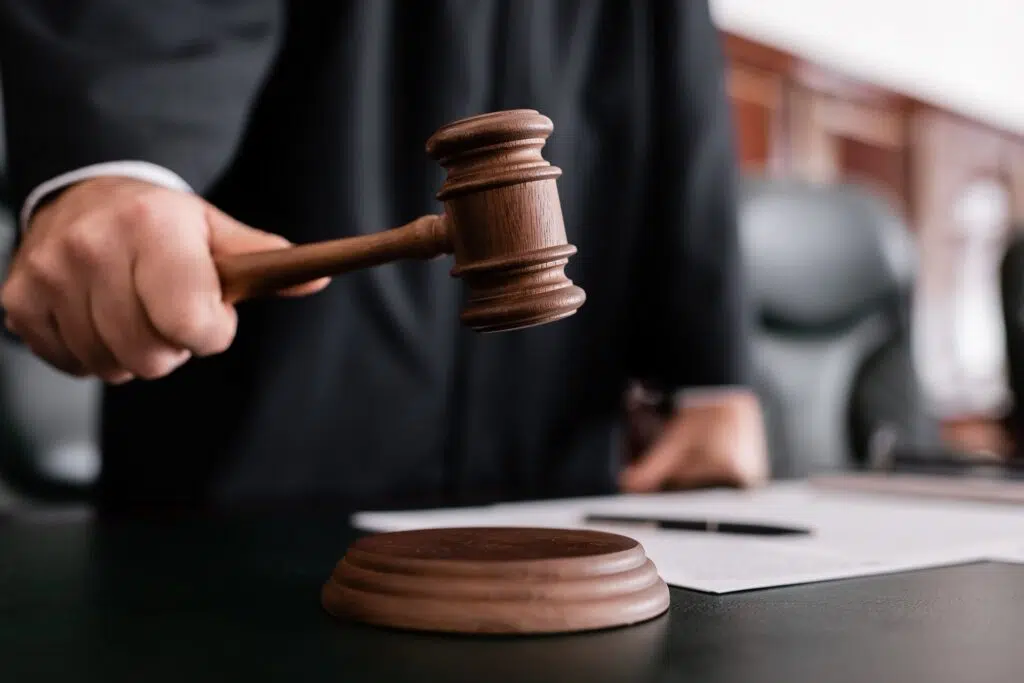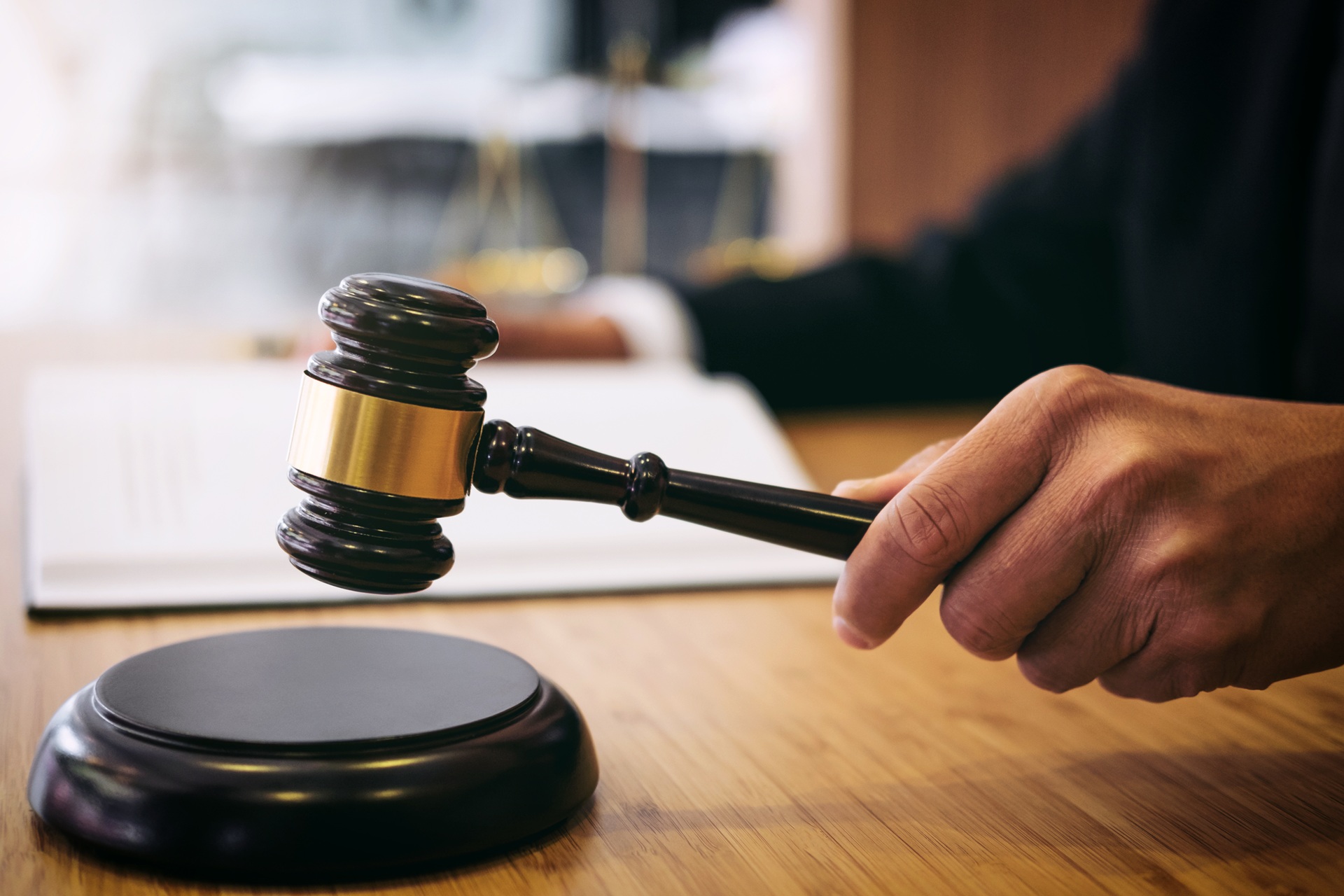Why You Should Consult a Domestic Violence Lawyer When Filing for a Civil Protection Order in Washington State
No one expects to find themselves in an abusive or unhealthy relationship. In many cases, the abuser’s acts of physical violence, emotional manipulation, or coercive control start slowly and escalate over time. For example, one partner may start to complain about the other partner spending so much time with their friends or family, gradually restricting and weakening their partner’s relationships with people outside of the relationship. These acts of control often grow into other acts of intimidation, such as limiting a partner’s financial autonomy, monitoring their daily activities, or even causing them physical harm. Unfortunately, many survivors of domestic violence feel ashamed that they have stayed in an abusive relationship, and this embarrassment or shame can prevent survivors from taking steps to leave the marriage or relationship even though they want to break free of the abusive situation. Moreover, most survivors of domestic abuse are afraid of what their partners will do when they try to leave the relationship. This fear is not unfounded; research has shown that the most dangerous time for a survivor is the 18 months after leaving the abusive partner—there is a 75 percent increase in an abuser’s acts of violence upon separation for at least two years. It’s essential for individuals trying to get out of an abusive relationship to create a comprehensive safety plan to minimize their risk of suffering further acts of violence or retaliation at the hands of their abusers. Enlisting the guidance and support of a dedicated and compassionate Seattle attorney is the best way to secure the legal protections you need to leave an unhealthy marriage or domestic partnership for good and move forward into the bright and stable future you deserve.
Defining Domestic Violence in Washington State
First, it’s helpful to understand what the term “domestic violence” means. When most people hear the words “domestic violence,” they tend to picture a domineering male abuser physically harming a timid female victim. While this dynamic certainly exists, it’s critical to recognize that abusers and survivors come from all types of backgrounds. Females can subject their male partners to acts of domestic violence, and same-sex relationships can become abusive. Sadly, many male survivors of domestic violence struggle with the stigma associated with what the “typical” victim of abuse looks like, preventing many survivors from seeking the legal protections they need to escape a harmful relationship. According to the Seattle Police Department, domestic violence “is a pattern of harmful behavior by one person intended to control another person within a romantic, intimate or family/household member relationship.” Domestic violence takes many forms, including acts of physical abuse (i.e., grabbing, pushing, shoving, hitting, etc.), emotional abuse (i.e., insults, blaming, mind games, verbal threats, etc.), coercive control (i.e., isolating you from friends and family, controlling your finances, monitoring your location, etc.), and sexual abuse (unwanted touching, forced sex, or degrading comments). Essentially, any behavior that degrades your self-esteem, makes you doubt your own sense of reality, or takes away your independence or autonomy constitutes domestic violence.
What Civil Protection Orders Do for Survivors
Within the last few years, advocacy groups have expanded their efforts to educate the public about domestic violence, its devastating effects, and the resources available to survivors of abuse. Many state legislatures have taken steps to implement legal protections for survivors of domestic violence and abuse. Washington legislators highlighted the need for increased civil protections for survivors, calling protection orders “valuable tools to increase safety for victims and to hold batterers accountable.” It’s essential to understand that you can seek a civil protection order at any time—even if the abuser’s behavior is not considered a crime. If your abuser is controlling your behavior or depriving you of your freedom and autonomy in any way, you have the right to petition the court for a civil protection order. Once the court determines that a civil protection order is warranted, this document will go into effect immediately and prevent the abuser from contacting, harassing, or stalking the survivor. If your abuser violates the terms of the civil protection order, they could face significant penalties, including fines or even criminal or contempt charges.

Domestic Violence Protection Orders in Washington State
There are several types of civil protection orders available to Washington residents. Washington laws recognize that survivors have different needs and concerns, so they can select from several options when pursuing a civil protection order. For example, a Stalking Protection Order (SPO) is designed to protect an individual from feeling “intimidated, frightened, under duress, significantly disrupted, or threatened” by someone who “either knows or should know that their behavior causes those feelings, even if that was not the respondent’s intent.” Other types of civil protection orders include the Sexual Assault Protection Order (SAPO), the Antiharassment Protection Order (AHPO), the Extreme Risk Protection Order (ERPO), and the Vulnerable Adult Protection Order (VAPO). For survivors of domestic abuse, the Domestic Violence Protection Order (DVPO) is usually the best option. The purpose of a DVPO is to “protect against domestic violence or threat of violence by an intimate partner or a family or household member.” Although the petitioner may seek a DVPO at any time, this legal protection is especially useful when the petitioner is going through the divorce or legal separation process, as the DVPO can shield the survivor from ongoing and even escalating acts of violence or coercive control during this tumultuous time.
Who Qualifies for Protection Under a DVPO?
A DVPO is designed to protect an individual from suffering harm or acts of coercive control from a spouse, intimate partner, or household member. Spouses (current or former), domestic partners (current or former), co-parents, blood relatives, relatives through marriage or adoption, co-habitants (current or former), or anyone in a dating relationship (current or former) may seek a DVPO. When you file the petition for a DVPO, you can indicate the types of protections you want in place. For example, the DVPO can prohibit your abuser (referred to as the “respondent”) from contacting you in any way (in person as well as via phone, text, or social media), remove them from your shared residence, grant you temporary custody of your children, order the respondent into treatment or counseling, and order the surrender of any firearms or dangerous weapons in their possession.
How Do I Get a DVPO Put in Place?
The Washington court system strives to make the DVPO petitioning process as smooth and accessible as possible. In fact, the court recently introduced a universal petition for all civil protection orders, allowing the petitioner to use a single form to indicate the types of protective orders they are seeking instead of sorting through various forms to achieve this goal. First, you will need to obtain the form (online or at the courthouse) and complete it with all the necessary information. Once you file it with the court, the respondent will be notified, and a hearing will be scheduled. At the hearing, you and the respondent will present testimony and present evidence. The judge will either deny or grant the order.

The Benefits of Working With a Seattle Attorney
While anyone may petition the court for a civil protection order at any time without hiring an attorney, enlisting the guidance of an experienced and caring lawyer is the best way to ensure that you obtain the strongest protections possible. Below are just a few of the advantages of working with a knowledgeable and empathetic Seattle attorney during this challenging time.
Making Informed Decisions With Confidence
Getting out of an abusive relationship can be chaotic and overwhelming, especially if your abuser has eroded your relationships with loved ones. It’s natural to feel confused and intimidated by the steps you need to take to exit the marriage or partnership as safely as possible. When you work with a caring attorney, you can understand your available options and make an informed decision with greater certainty and confidence. It can be difficult to take control of your life after spending so much time in an abusive and controlling relationship, and working alongside a compassionate lawyer can help you regain control of your future.
Feeling Supported and Empowered at Every Turn
One of the most valuable benefits of enlisting the guidance of a trusted Seattle divorce and family law attorney is feeling supported and empowered to move forward. You have spent so much time feeling isolated and alone in your struggles, so it can be rewarding and reassuring to feel heard and valued once again. Your lawyer will treat you with the respect and empathy you need to get away from an unhealthy living situation and move forward into a brighter and happier future.
The dedicated legal team at the Hemmat Law Group is committed to helping individuals and families secure the civil protections they need to feel safe. If you are going through a divorce or legal separation in the Seattle area and you want to explore your options for obtaining a civil protection order, call our office today at (206) 682-5200 to speak with a dedicated and empathetic divorce and family law attorney.
The Hemmat Law Group (HLG) was founded in 1994 by Steven Amir Hemmat, a former DOJ Trial Attorney. We specialize in family law, supporting victims of the legal system.
The Hemmat Law Group help good people in bad situations.
Our lawyers provide expert legal advice connected to protection orders, including in cases of domestic violence, stalking, and neighbor disputes. Contact us today.














